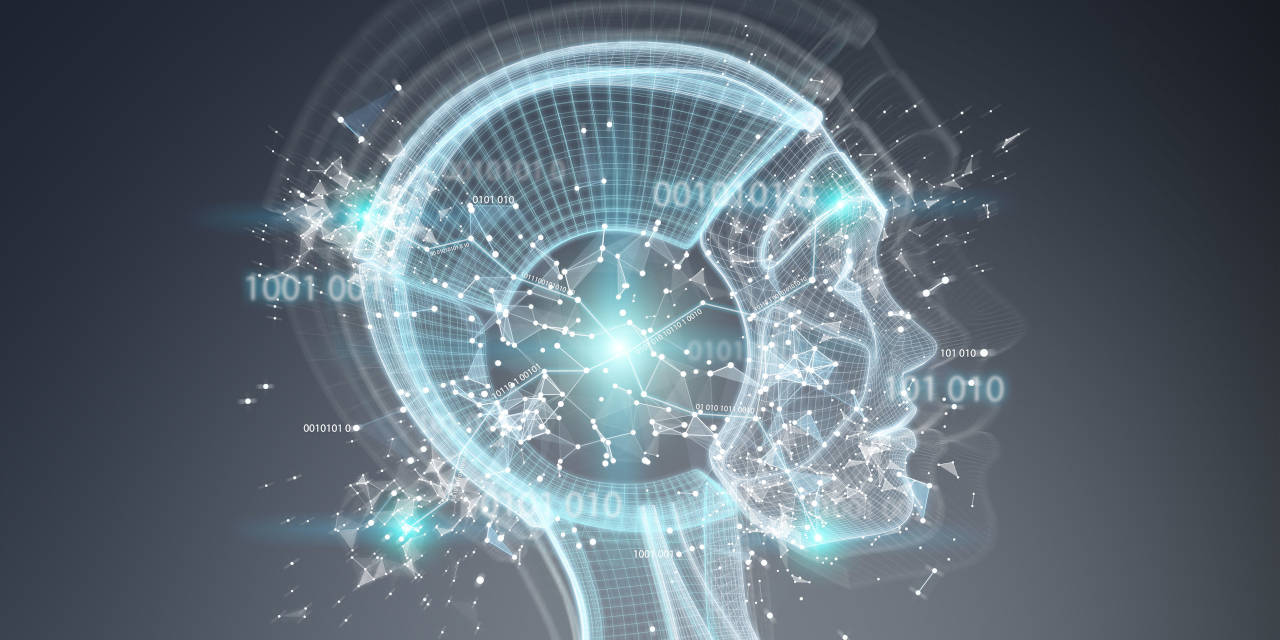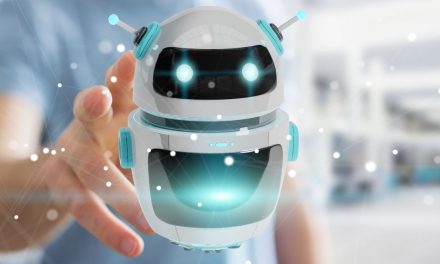By Pam McDonald
During Tech Foresight 2020, John Shafaee of Medtelligent and Mark Pavlovich of Yardstik Behavioral Analytics presented a session about machine learning. Their goal was to give senior living professionals an understanding of what it is and how it’s likely to impact the senior living business.
Whether we understand it or not, we’ve all heard the jargon — artificial intelligence, machine learning, automation, algorithms, and models. John and Mark stated that it’s here now and there’s more coming.
Demystify Machine Learning
John is an experienced technology leader dedicated to building easy-to-use computer systems that deliver operational solutions to senior living. Mark is a behavior analyst and data scientist. In addition to creating clinical training programs, Mark helps senior living communities understand what their data is telling them as well as how to look at it more comprehensively.
John points out that all the hype and marketing-speak about artificial intelligence (AI) and machine learning (ML) gives the impression that robots are replacing care staff and revolutionizing senior care. “Machine learning will impact the industry, but like all tech, it’s going to accumulate and grow over time,” explained John. He sees a future where the technology enhances care team capabilities — as opposed to replacing care staff.
John believes residents choose senior living because of its social aspects; that is, the human connection. And while ML systems can intelligently monitor data, they cannot replace the social connection people have with each other in senior communities. Systems, however, can replace or eliminate repetitive tasks, giving staff more time to interact with residents.
What Machine Learning Does Best
Machine learning is a form of artificial intelligence that “teaches” computers to “think” as we do. Mark explains that as humans we use intuition to get around the world, to navigate, to make decisions. Computers don’t use intuition, they use math.
He says, “ML gives computers a way to make assumptions; to operate by mimicking human intuition as well as by learning and improving on tasks based on past experiences.”
Instead of coding software with specific instructions, ML trains an algorithm so it can learn how to make decisions itself. ML systems can explore data and identify patterns without on-going human interaction.
John points out that not all problems are equal or solvable. ML-enabled programs can “recognize faces and other characteristics and transcribe voice to text very quickly and easily. But they can’t predict, for example, the exact time someone will fall. It can help people understand the propensity that these things will happen.”
Meet ALIS
John founded Medtelligent and has been CEO for the past ten years. The company is probably best known for its flagship solution, ALIS (pronounced “Alice”). Purpose-built for assisted living, this software enables operators to focus on billing and care that are directly linked to the financial performance of a community.
Among its many functions, ALIS has a clinical model that creates a Wellness Index, which uses sophisticated machine learning algorithms to track resident health against a personalized baseline, improving health outcomes, and increasing length of stay.
Learn more about ALIS’ business insights by visiting the ALIS website today.
To watch a recording of John and Mark speak about AI and ML, please sign up for Tech Foresight 2020, and gain access to all 20 sessions by thought leaders and industry experts. You can register HERE.








